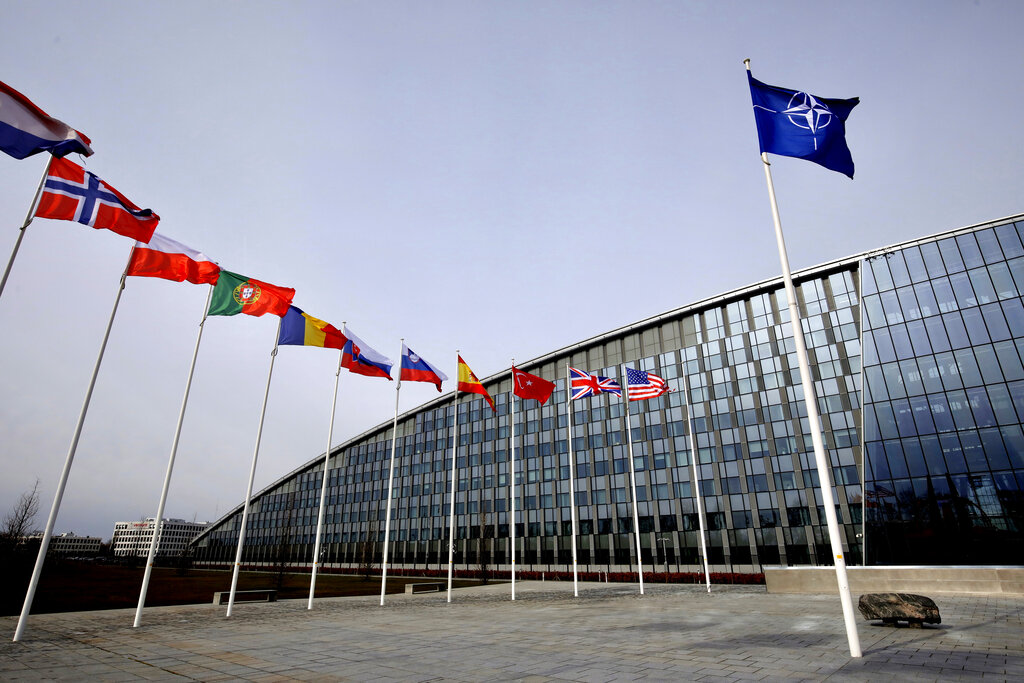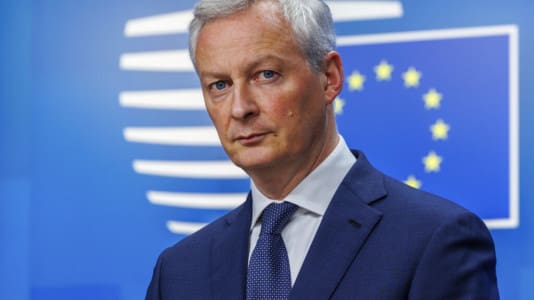Even the biggest pessimist has the need to look for some good news in times of crisis. That bright spot could be the NATO summit in Madrid as the greatest war since the beginning of the alliance is being waged in Europe.
It could, but is it? Unfortunately, it is not, and not just the biggest pessimist will admit that. There are positive signs, even a very positive decision, and there are important symbols, but there is still no certainty that a terrifying vision of Estonia being wiped off the map under the current NATO plans presented by Estonian Prime Minister Kaja Kallas a couple of days before the summit is merely just a vision.
We have still received no answer: In the case of a Russian attack against Estonia or any other frontier country, will NATO forces be strong enough to repel the aggressor right away? Will they react immediately? Because if they do not, and instead prepare a counter-offensive for many weeks, we know what the country will look like after the Russian army makes its way through: corpses and ruins, destroyed cultural life and achievements of the nation, as we have seen in Ukraine.
One positive sign is the final acknowledgment from the entire alliance that Russia is the most important and direct threat to its members. This acknowledgment came late. Poland has understood the reality about Russia for a long time. That is why Polish politicians strived to join NATO right after Poland broke free from Moscow’s yoke. It was similar in other countries in Central and Eastern Europe. Others should have realized this sooner, for at least over a decade, since Russia’s invasion of Georgia.
The most important decision, a positive event at the summit in Madrid, was inviting Finland and Sweden to join NATO. It takes just a glance at a map to find out that thanks to those new members, the Baltic states, the most threatened by Moscow, are not an isolated frontier in the north anymore. In addition to that, the new members, despite not being the most powerful, do possess above-average military capabilities.
Especially important is how quickly Turkey decided to drop its blockade of NATO enlargement. It had seemed that the Turkish president would be unyielding in this matter until the Turkish elections next year, as it would have helped him politically. In that year, the outcome of the Ukraine war will most likely be decided and Turkey, by blocking Sweden and Finland’s membership and thus weakening NATO , would have strengthened Russia.
The agreement with Erdoğan, which is beneficial for Finland, Sweden, and the entire NATO alliance — especially countries on its eastern flank — will be paid for by the Kurds, as requested by the Turks. Whether they will pay more than they already have — after all, they never received much from the West for their enormous effort in defeating ISIS terrorists — is not so certain.
Another positive signal from the Madrid summit is the decision to station U.S. troops permanently in Poland. We have always wanted to have a permanent presence of allied forces, as enjoyed by countries of the old NATO, the real West. We first had to fight for any troops, then for troops stationed on a rotational basis, and finally for continuously rotating, all in insufficient numbers. Because second-class countries were not eligible for anything more.
Permanent. That sounds as if Poland’s inferior status in NATO is over. The pessimist, often skeptical of such sweeping statements could ask, however, if the Americans were not supposed to already be permanently stationed in Poland at the base in Redzikowo?






